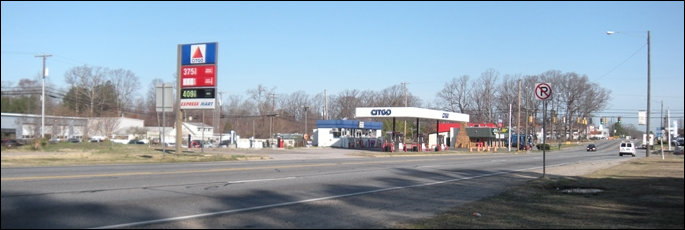“How they heck can we get broadband internet?”
That’s the question being asked in rural Powhatan County, where officials earlier this month held a meeting with frustrated residents living without a vital connection to the world around them.
Cable never came to these folks; their neighborhoods weren’t densely settled enough to suit incumbent providers Verizon and Comcast, and thus they were also left without internet service that is typically bundled as a package.
In Powhatan and many other rural Virginia communities the only telecom infrastructure in the ground is copper used to provide land-line phone service, which is fast becoming a 20th century relic as people make the switch to IP and mobile networking technologies.
Verizon owns this copper in Powhatan, but reluctantly so: the company has moved in recent months to sell off a good chunk of its wireline assets in order to focus on the more lucrative wireless business (read: selling us smartphones). Even a direct $144 million dollar subsidy offered by the Federal Communications Commission (FCC) couldn’t induce Verizon to extend internet service to its rural service areas which includes Powhatan. The telco giant refused the money this past summer.
What’s next for Powhatan? Unless Verizon sells off its wireline infrastructure in the county to a willing provider there isn’t much hope of a private sector solution. The Return on Investment (ROI) would need to factor out, and that would be doubtful without the density of customers to purchase service.
And so we’re back to the issue of municipal broadband.
County officials have mentioned Fixed Wireless as a potential solution, on a network with a fiber backhaul to connect with towers. It may not be any cheaper, but this route would encounter less regulatory interference from the state than building municipal broadband on an underground fiber optic network (and without towers).
Unless state telecom regulators step in with assistance, rather than interference, rural communities like Powhatan are going to have to go it alone in an expensive mission to connect with the internet.






